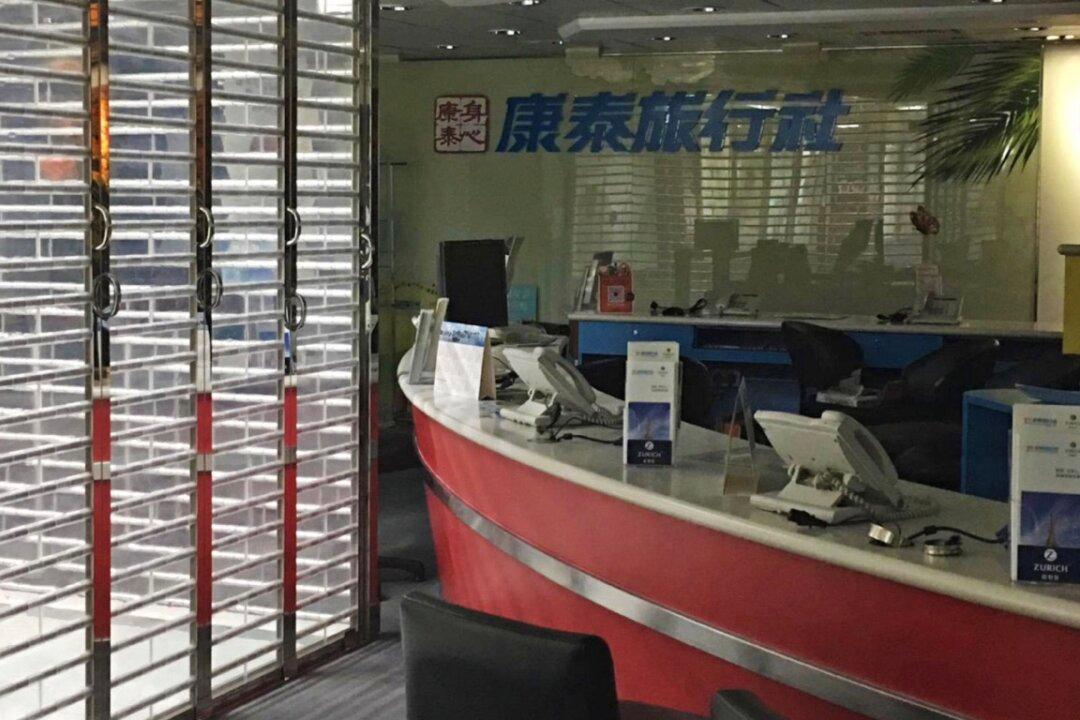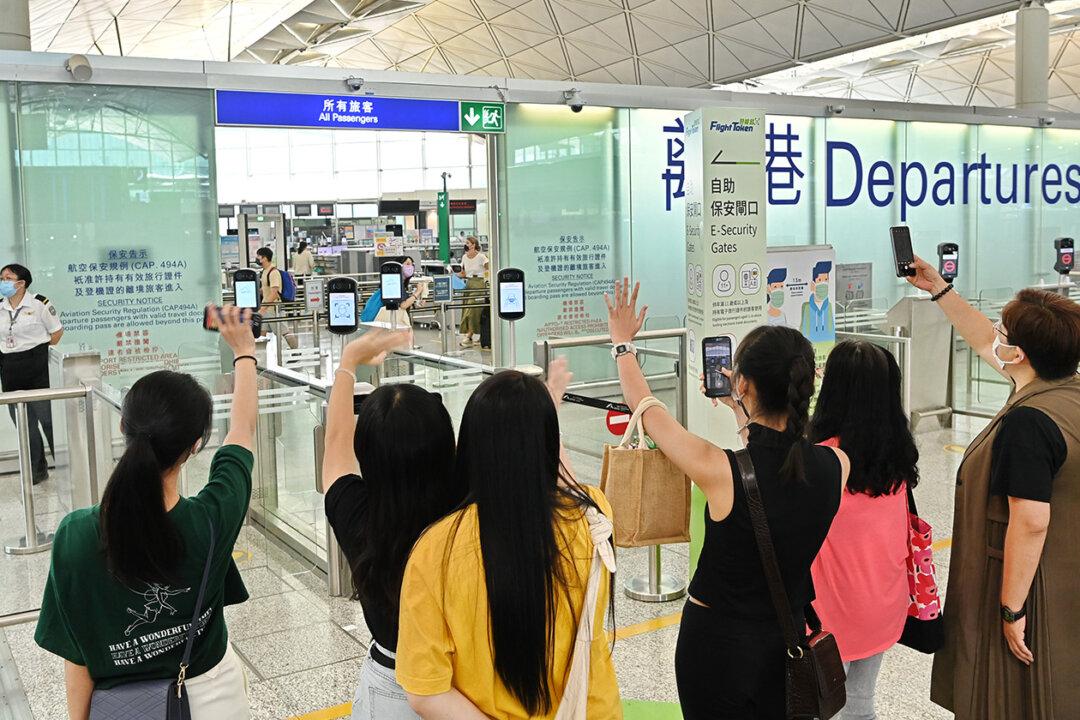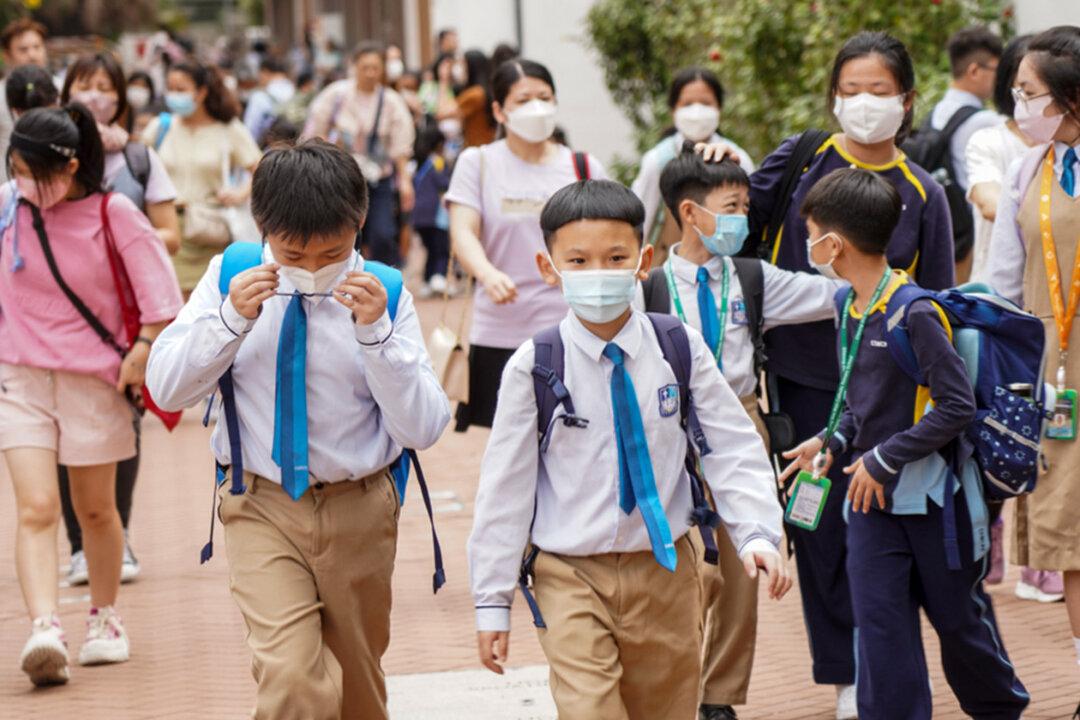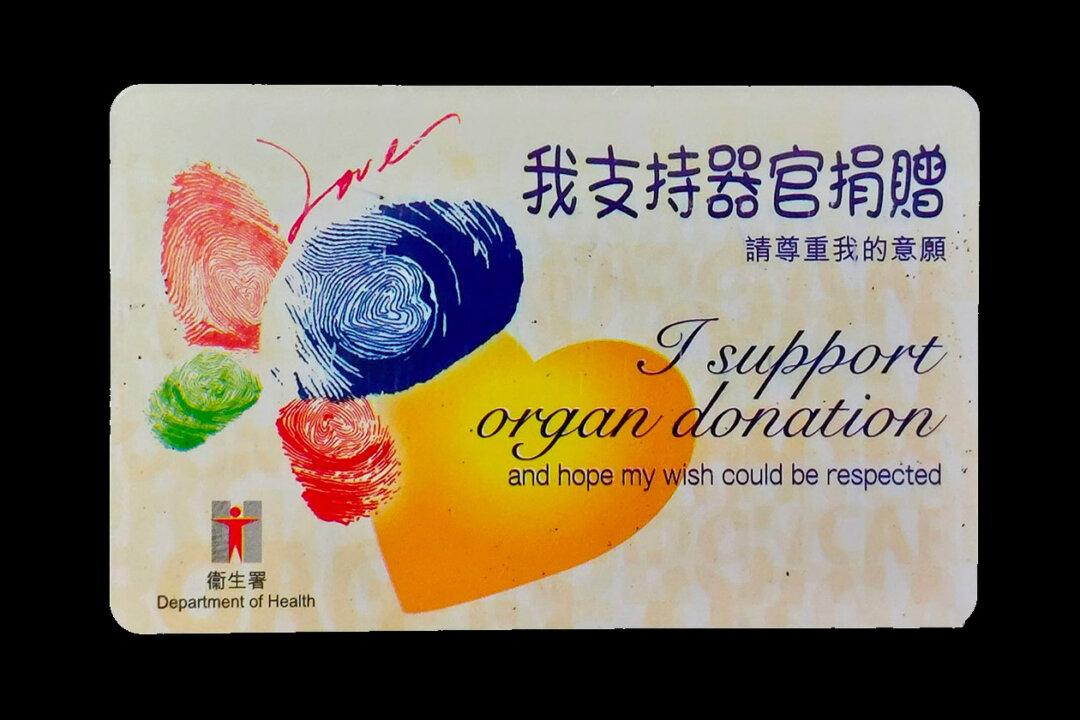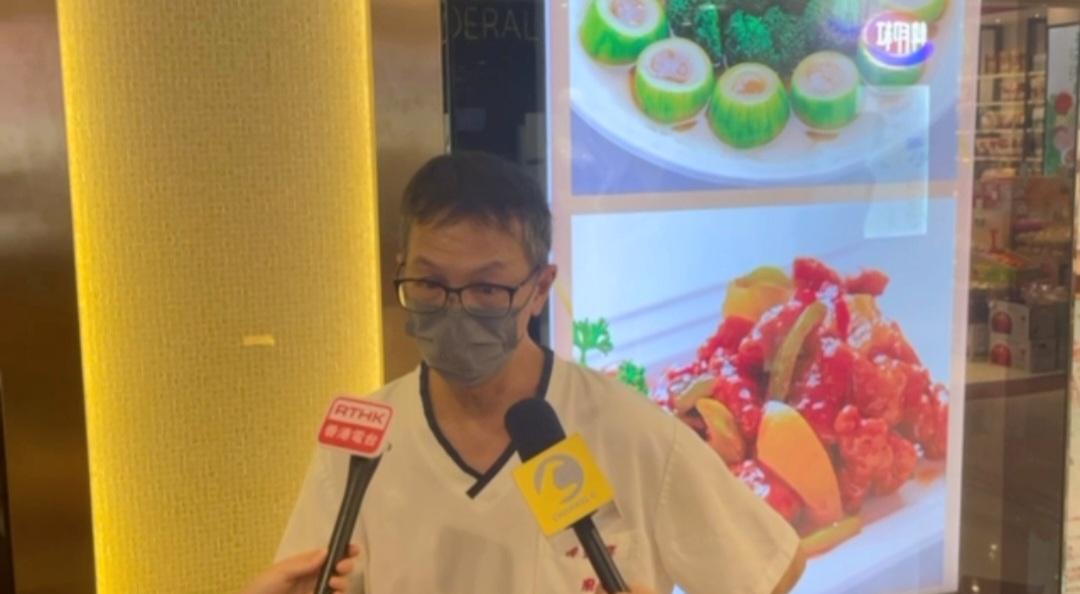Hong Thai Travel Services (Hong Thai), in business for over half a century, announced on Oct. 28 that it will start liquidation proceedings due to insolvency. Some commented that its demise was a result of the Hong Kong government’s paradoxical and sometimes contradictory anti-pandemic policy and the related containment measures. The benefits granted to the industry were just “too little, too late.” Others said that the industry has entered its “severest winter” even after the latest “0+3” regulation (quarantine of inbound travellers policy). Some people in the industry said they worry that more travel agencies will close in the near future.
The board of directors of Hong Thai’s parent company Caissa Tosun Development Co., Ltd. announced that Hong Thai’s core business in Guangdong, Hong Kong, and Macao, had been adversely affected by COVID-19. “Its profitability has plummeted. It has been unable to service its debts that have fallen due, and there remains an apparent lack of ability to settle debts,“ the owning company said. The announcement also stated that when preparing the financial statements for 2021: ”Full consideration was given to the possibility that Hong Thai would no longer be able to continue operation and go bankrupt in the future. In view of that, relevant impairment testing procedures were implemented for the main assets of Hong Thai Travel Services.”
